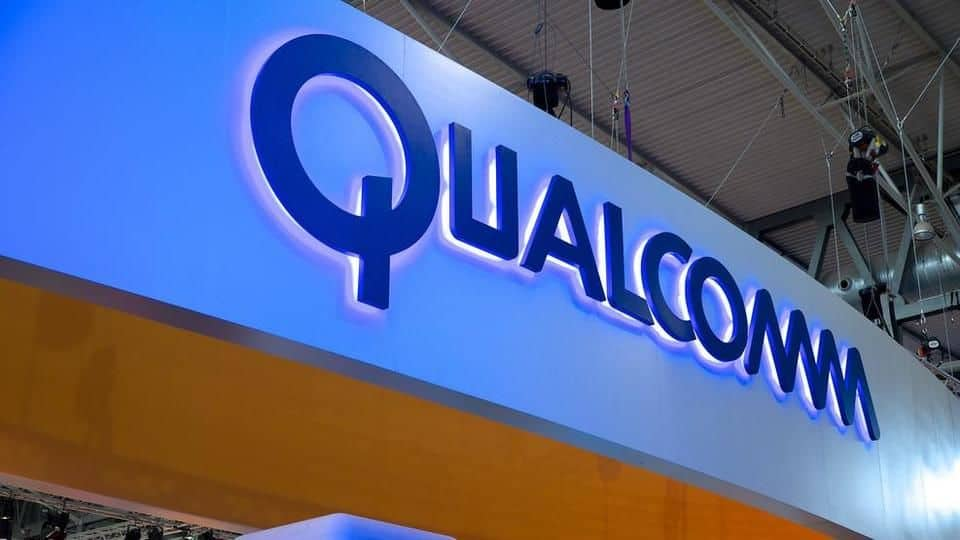
Trump blocks Broadcom's $117bn bid for Qualcomm; cites security concerns
What's the story
US President Donald Trump has ordered the Singapore-based chipmaker Broadcom to abandon its $117 billion bid to take over rival chipmaker Qualcomm, blocking what would have been the biggest technology deal ever in history. The President cited concerns that the deal would allow China to take the lead in the booming market of producing chips. Here are more details.
Security
Merger will impair the national security of US: Trump
In his executive order, Trump cited "credible evidence" that the takeover "threatens to impair the national security of the US". The merger would have put one of America's largest mobile chipmakers in the hands of a company based in Asia, a region that has been racing against American companies to develop the next generation of mobile technology, the order stated.
Chipmaker
Broadcom would have become third largest microchip maker
The deal would have created the world's third-largest maker of microchips, behind Intel and Samsung. Reportedly, the takeover was tripped up by concerns that it posed a threat to American competitiveness in mobile technology by putting one of the largest mobile chip makers in the US under the control of a company based in Asia. Broadcom said it is reviewing the presidential order.
Information
Huawei could become the largest chipmaker
If research and development at Qualcomm foundered under Broadcom, the Trump administration was concerned China-based Huawei Technologies would have an opening to become an even bigger player in the booming market of producing chips that power smartphones, smart home gadgets, and other mobile devices.
Disagreement
We strongly disagree with the executive order: Broadcom
Broadcom in a statement said it "strongly disagrees that its proposed acquisition of Qualcomm raises any national security concerns." Trump's decision comes after Broadcom recently said it would ask its shareholders to approve its plan to redomicile to the US. In such a scenario, Broadcom -- which currently works under the laws of Singapore -- would have been considered as an American company.
Concerns
CFIUS confirms national security concerns, too
Had Broadcom redomiciled to the US, the proposed $117bn would've been considered outside the purview of a federal agency - the Committee on Foreign Investment in the United States (CFIUS) - that reviews foreign deals. In a letter, CFIUS confirmed national security concerns. Last week, CFIUS issued an interim order to Qualcomm directing it to postpone its annual stockholders' meeting and election of directors.
Facts
The decision is based on the facts: Treasury Secretary
Treasury Secretary Steven Mnuchin said, "This decision is based on the facts and national security sensitivities related to this particular transaction only and is not intended to make any other statement about Broadcom or its employees." "The CFIUS process focuses exclusively on identifying and addressing national security concerns. This focused mandate reinforces our commitment to welcoming foreign investment," he added.
Harm
Merger would damage American security: Hunter
Last week, several US lawmakers expressed concerns over the merger and had called for stopping Broadcom's takeover of Qualcomm. Congressman Duncan Hunter said that the merger would "damage American security" and had pointed at Broadcom's increasing ties with China. "China has a finely honed capability to access the technology of companies such as Broadcom, along with that of their subsidiaries and acquisitions," he said.